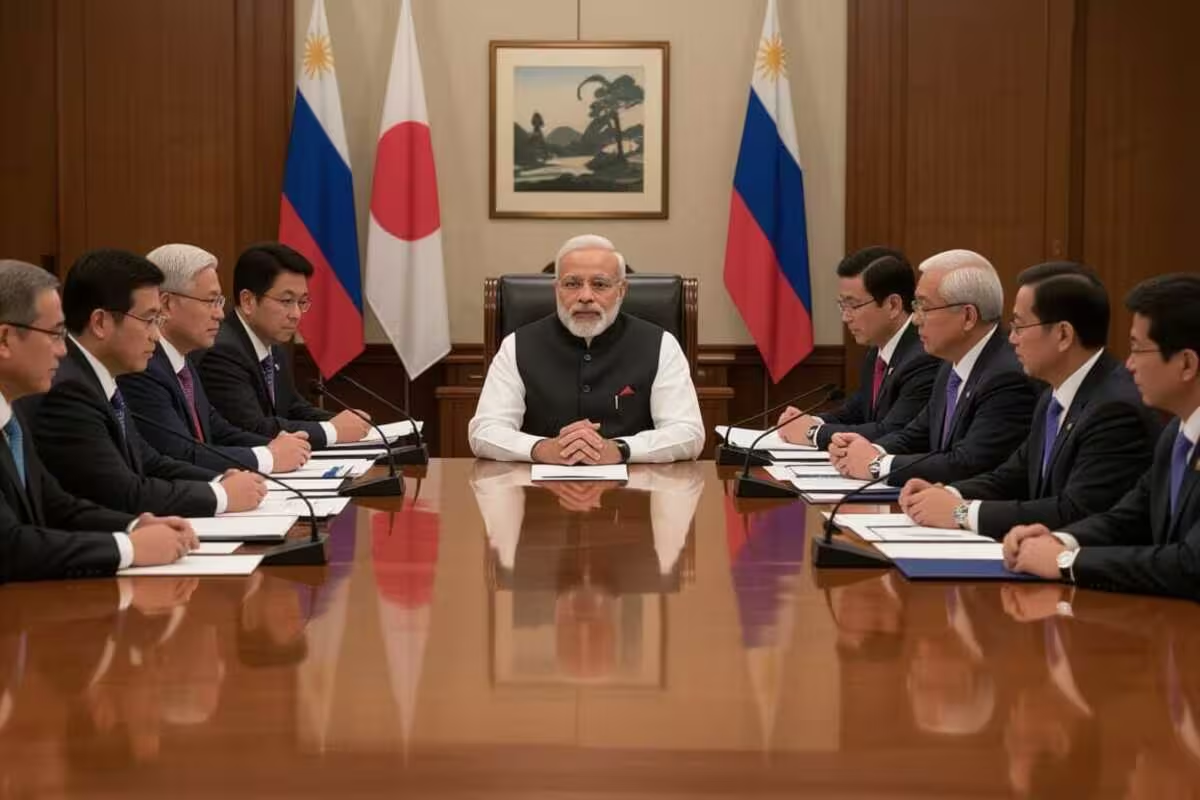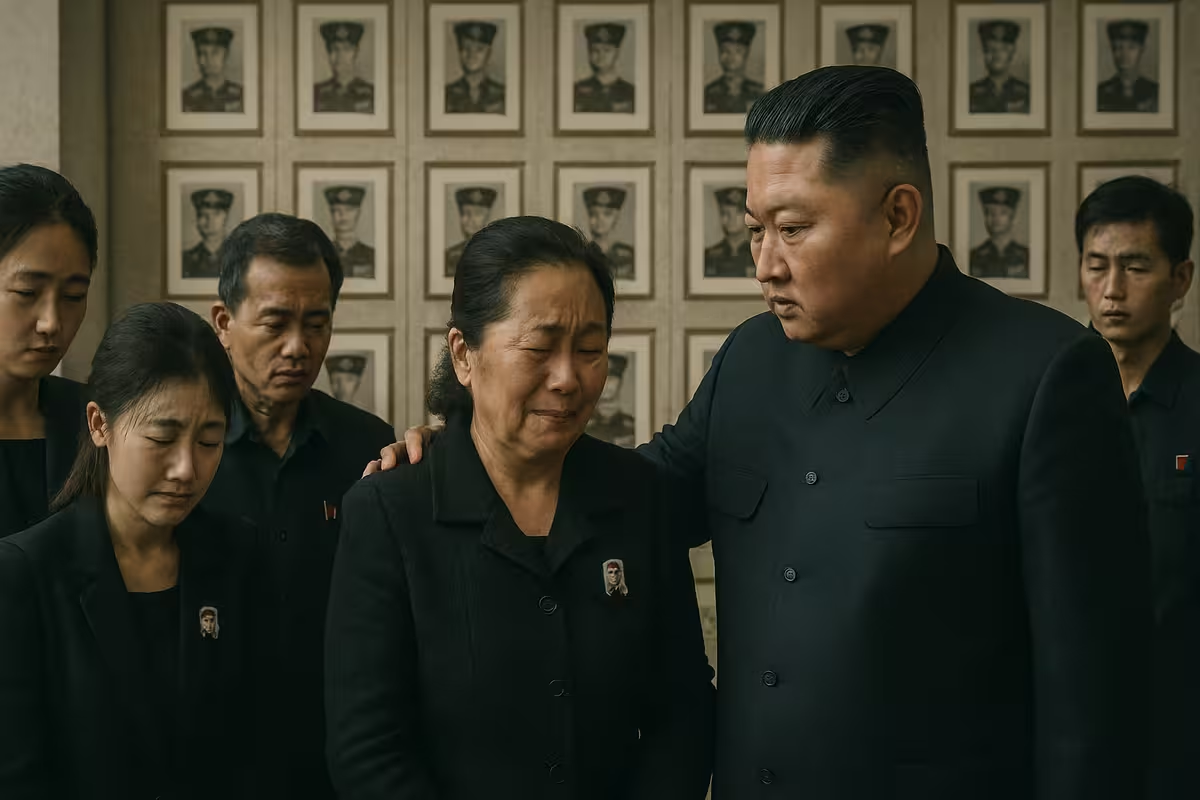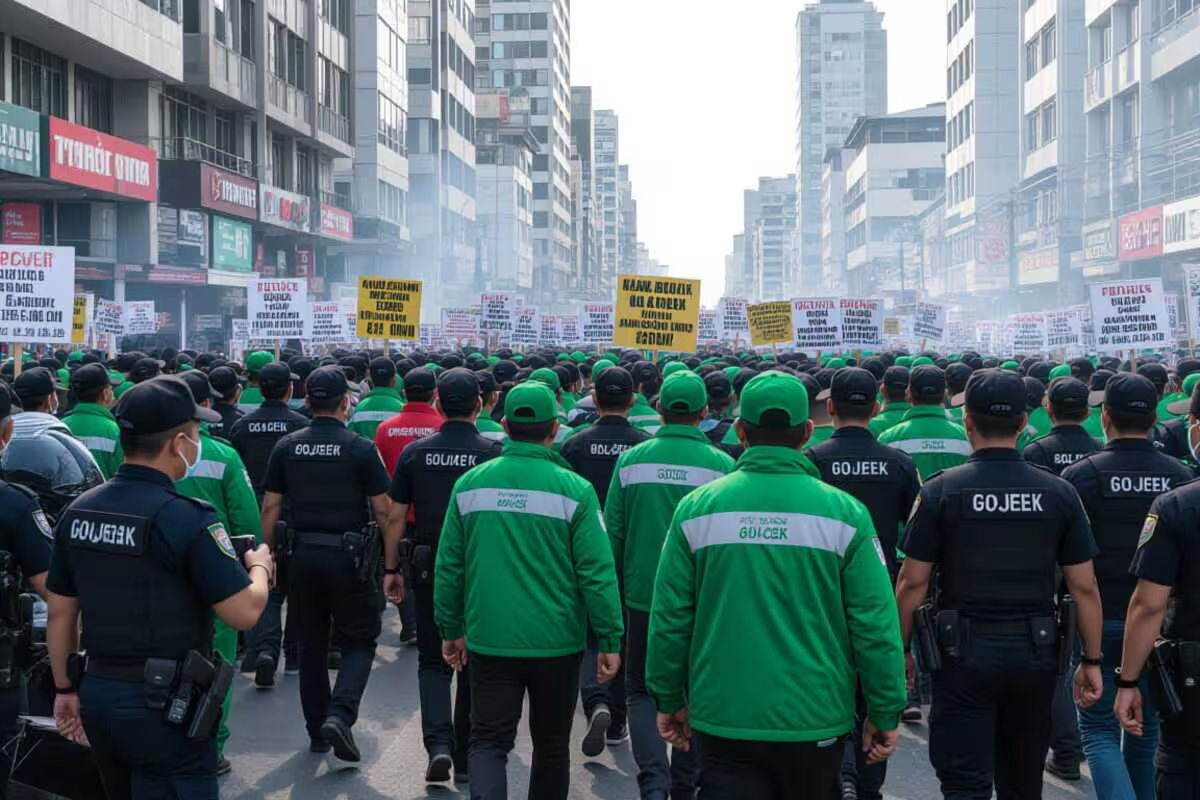Policing Minister Acknowledges Limits of Suspect Ethnicity Disclosure in Combating Disinformation
LONDON, United Kingdom – August 13, 2025:Big news: Cops in the UK are now being told to share a suspect’s ethnicity and nationality in serious cases. This is a quick change after incidents where not having facts out there led to crazy online rumors, causing riots and protests. Even though this is supposed to make things clearer and get people to trust the police more, Policing Minister Dame Diana Johnson said just giving out a suspect’s ethnicity won’t stop all the fake news, because social media is a beast.
New Rules Because of Trouble
The National Police Chiefs’ Council (NPCC) and the College of Policing are doing this because everyone, politicians included, has been pushing for it. It all blew up after the Southport stabbings in July 2024 and a case in Nuneaton where two guys were charged with raping a 12-year-old girl.
People, like Reform UK leader Nigel Farage, said the police were covering things up by not saying right away what the suspects’ ethnicity and immigration status were. This led to wild stories online claiming the suspects were asylum seekers, which caused protests and violence all over.
Even after Merseyside Police said the Southport suspect was from Cardiff, not an asylum seeker, people still thought they were hiding something. In Nuneaton, the police got the same heat when the suspects were said to be Afghan asylum seekers, but the cops didn’t say it at first.
What’s in the New Rules?
The cops aren’t being told they have to give out details about a suspect’s ethnicity and nationality, but they should think about it if it helps police work. Like if there’s tons of fake news going around, if people are in danger, or if the public really needs to know.
Deputy Chief Constable Sam de Reya, who’s in charge of communications for the NPCC, said the reason for the change is that fake news can spread like crazy if there’s no real information out there, and it’s good for us to put the real facts out there to stop it.
The Home Office is also backing this, saying they’ll let out a suspect’s immigration info when it makes sense. This is kind of a big deal because before, the police didn’t have to check a suspect’s immigration status.
Minister Isn’t So Sure
The government likes the new plan, but Policing Minister Dame Diana Johnson isn’t so sure it’ll fix everything. She told the media that fake news can still spread, mostly because the rules say they only share these details after someone is charged, not when they’re arrested.
Johnson said that misinformation is a big issue for society and this new plan isn’t a cure-all. She said the government wants to be as open and honest as possible but knows this new policy won’t completely stop fake news online.
The government has also asked the Law Commission to look at the rules to make sure sharing this kind of info doesn’t mess up future trials. It’s important to make sure people get a fair trial while also keeping the public in the loop.
What People Think
People have mixed feelings about these new rules. Some, like Nigel Farage, are happy about it because they think it’s more transparent. Others are worried. Anti-racism groups and organizations like the Joint Council for the Welfare of Immigrants are saying that sharing ethnicity and migration status could send a bad message and make it seem like violence against women is about ethnicity, not just sexism.
This also brings up the question of trust. A lot of people feel like the police weren’t open enough in the past, so they don’t trust them. By sharing more info, the police are hoping to be seen as the source of real news in a world full of social media rumors.
The government is clearly saying that fake news is a bigger deal than just what’s on TV and in newspapers, and they need to try new ways to deal with it. Everyone will be watching to see if this new plan works in future big cases.
















